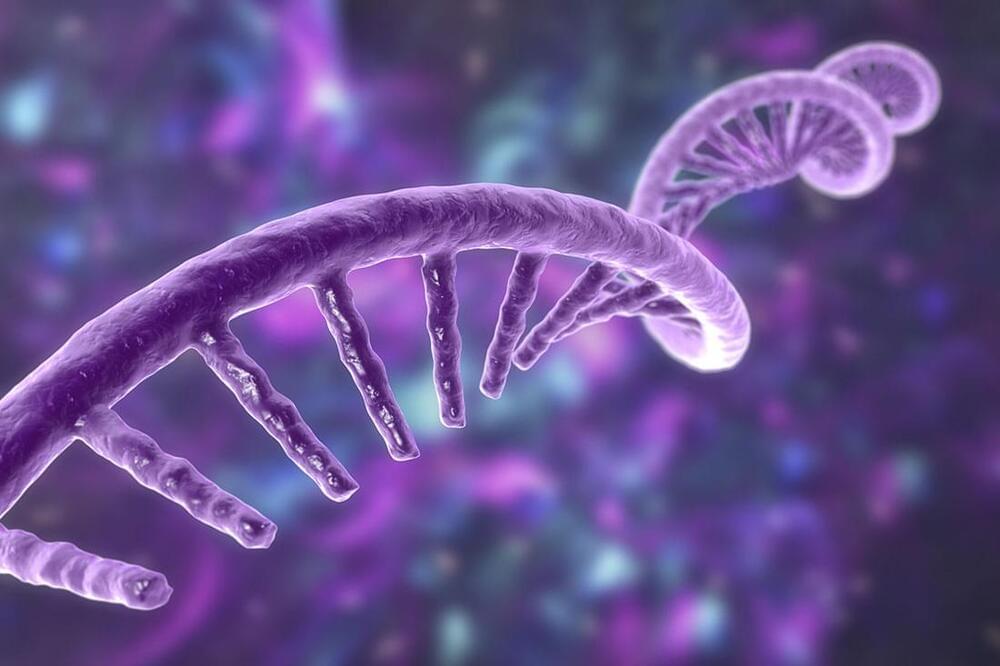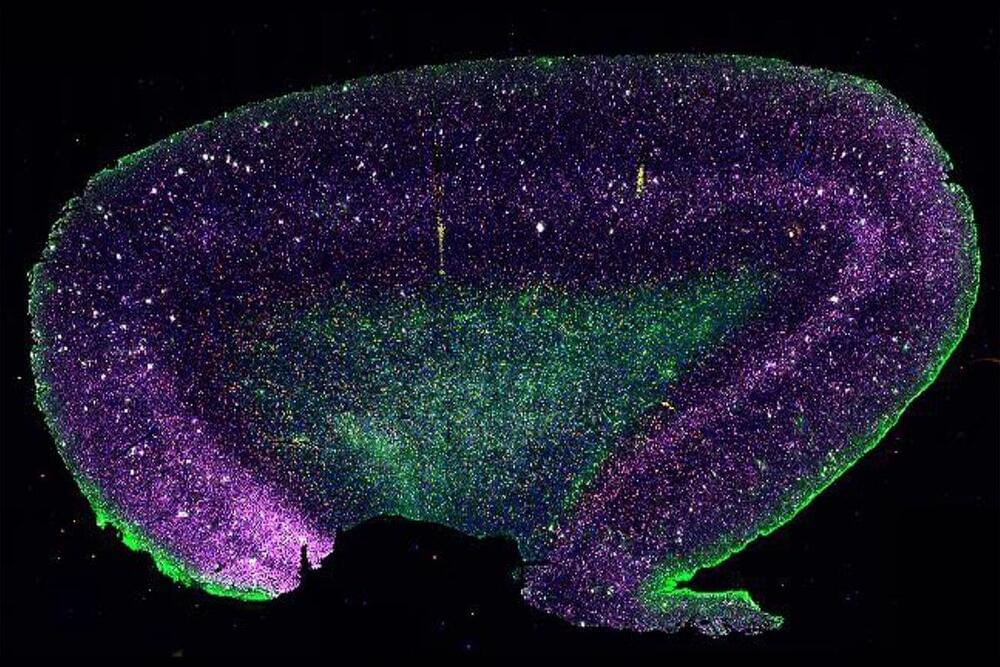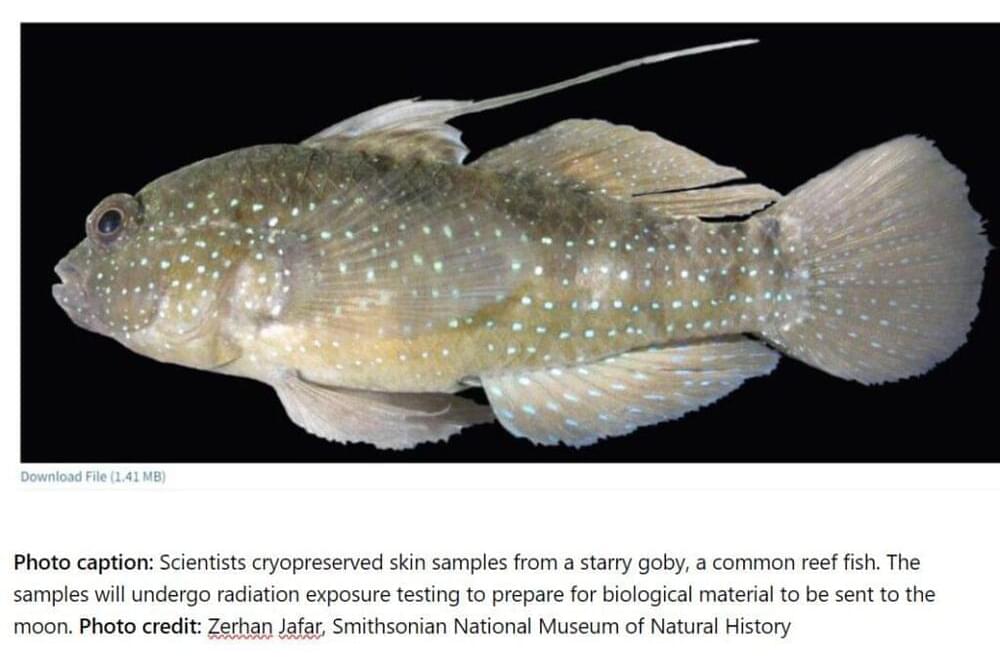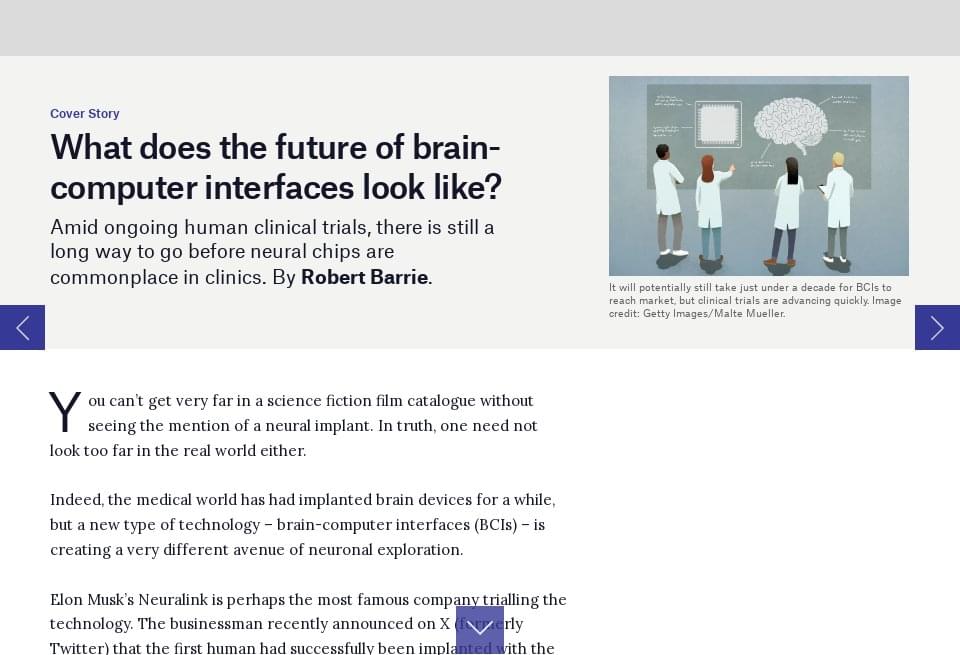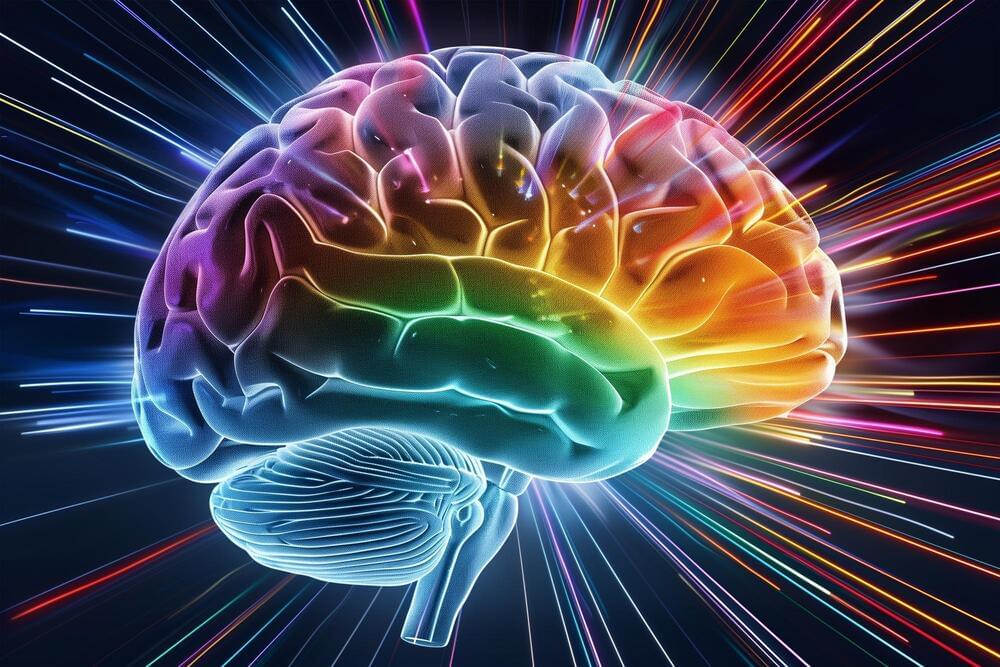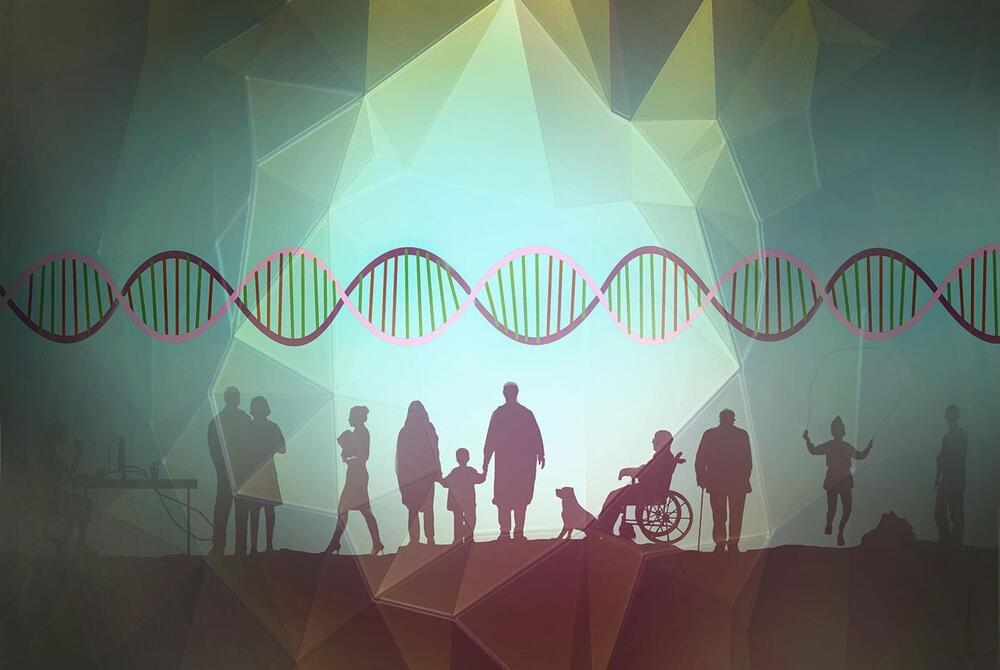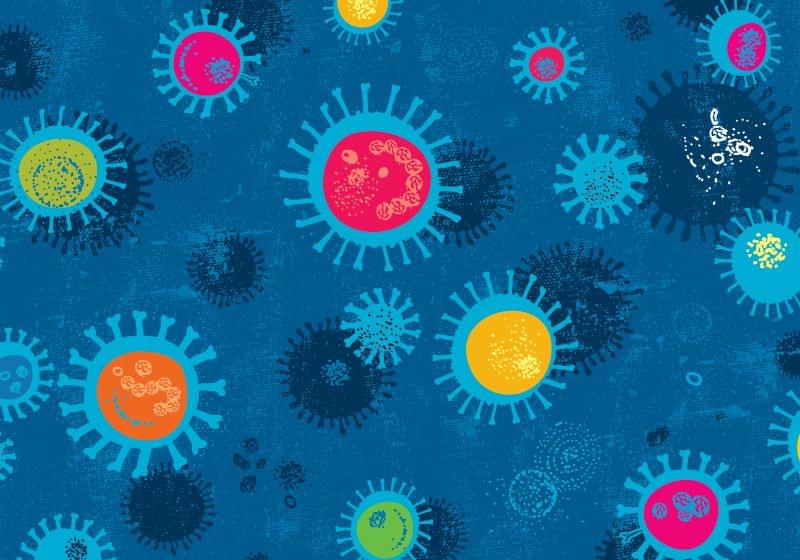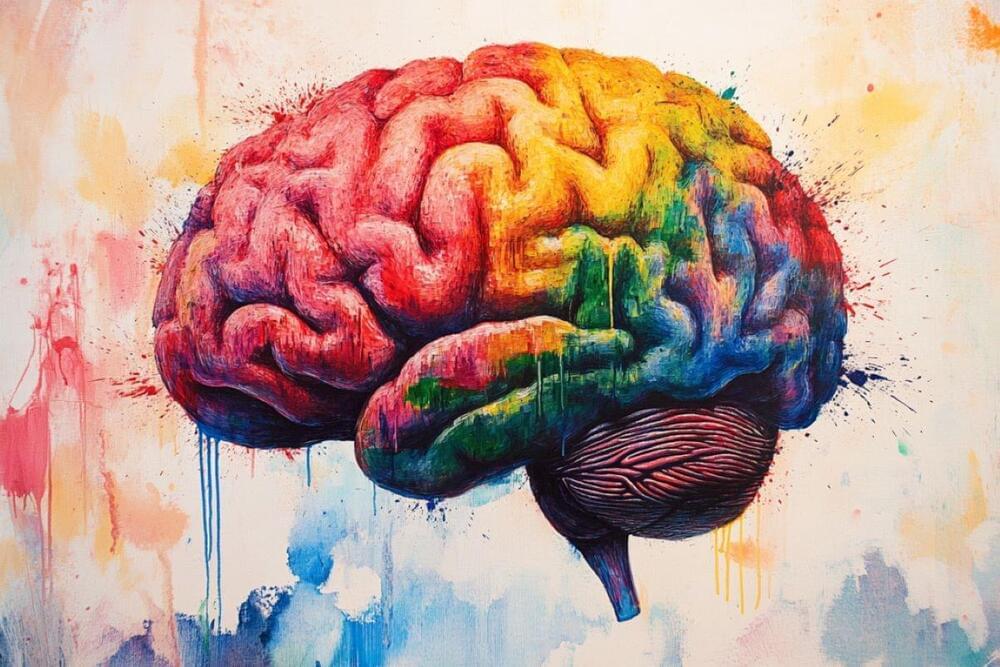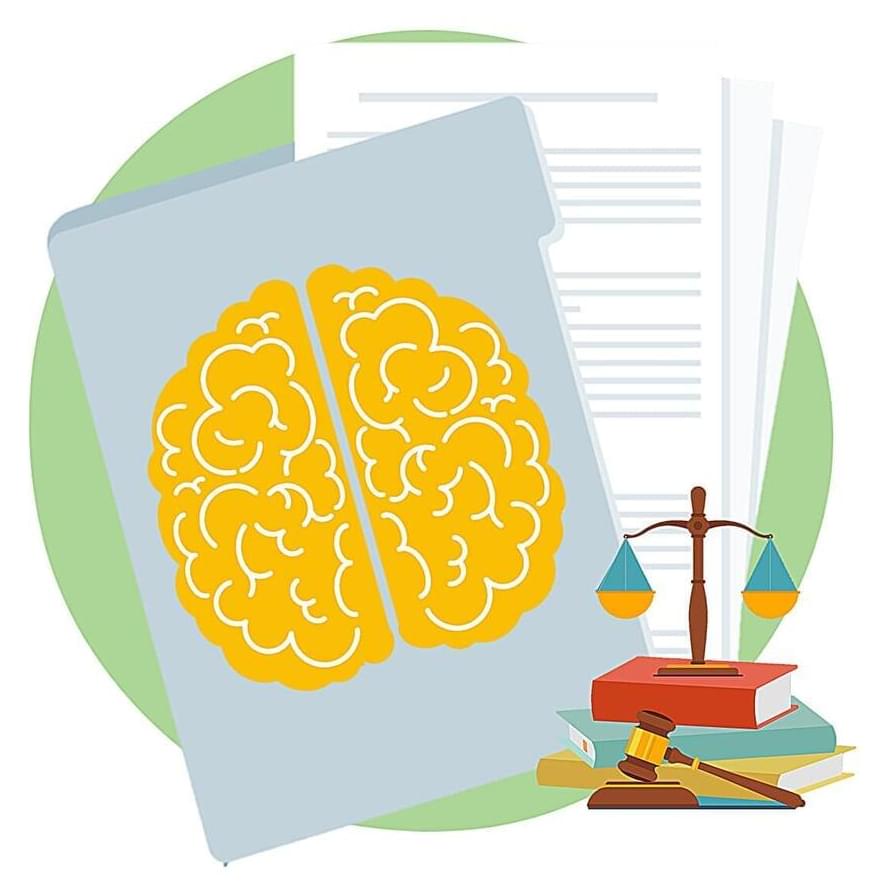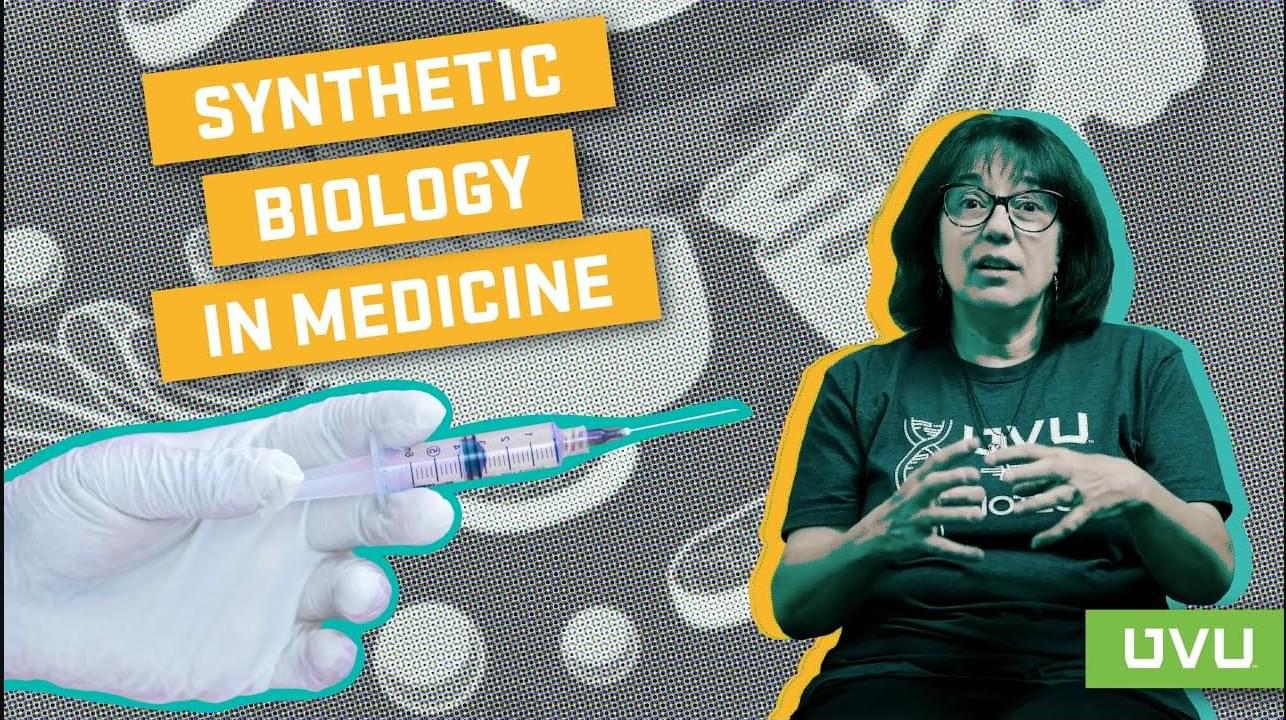Aug 23, 2024
Miller School Scientists Reveal Mechanisms Behind Gene Expression in Mitochondria
Posted by Genevieve Klien in categories: biotech/medical, chemistry, health, neuroscience
A molecular biology research team at the University of Miami Miller School of Medicine has become the first to map out how mitochondrial messenger RNA folds in human cells.
The research advances knowledge about the expression of genes in the mitochondria and paves the way for identification of therapeutic targets for mitochondrial neurodegenerative diseases.
“Dysfunctional mitochondria can cause devastating diseases, frequently with childhood-onset, known as mitochondrial encephalomyopathies. Despite advances in identifying genes responsible for these disorders, their pathophysiological mechanisms have been poorly understood,” said Antoni Barrientos, Ph.D., professor of neurology and biochemistry and molecular biology at the Miller School. “This was partly due to a lack of a full understanding of mitochondrial gene expression. Specifically, nothing was known about how mitochondrial messenger RNA folds and how that could influence its stability and translation in health and disease.”
